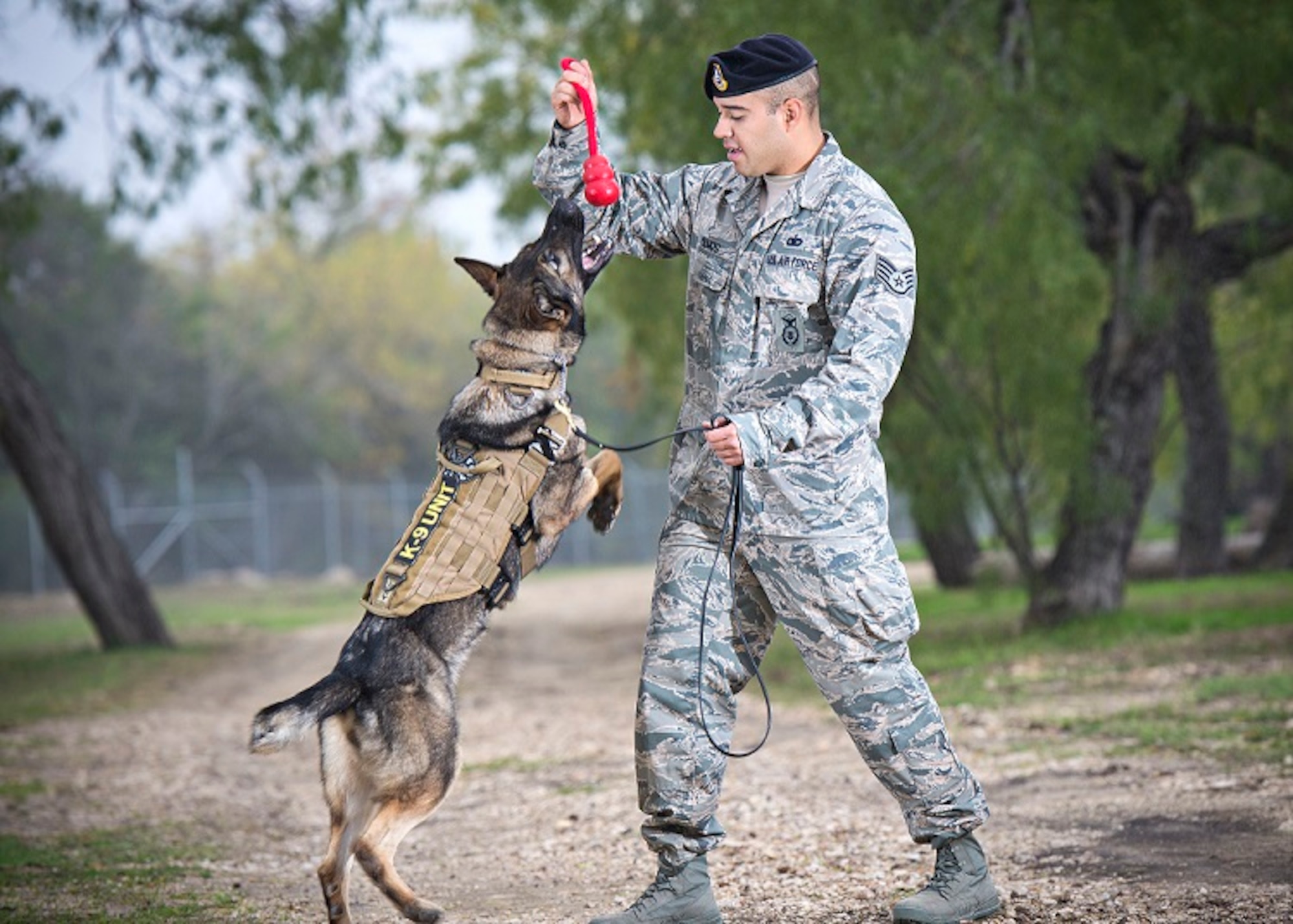What to Get out of a Board and Train Program for Your Dog
What to Get out of a Board and Train Program for Your Dog
Blog Article
Check Out the Various Sorts Of Dog Training Available for Your Furry Pal
Comprehending the various kinds of pet dog training is crucial for enhancing your canine buddy's actions and fostering a stronger bond. From basic obedience to sophisticated methods such as dexterity and fragrance work, each training technique uses special benefits customized to both the dog's and proprietor's demands. Furthermore, customized programs resolve specific needs, such as those for service or therapy canines. As you take into consideration the finest approach for your furry pal, it ends up being evident that the selection of training can considerably influence your shared experiences and end results. What elements should you consider before devoting to a specific training design?
Basic Obedience Training
Basic obedience training lays the foundation for a well-behaved dog, setting the phase for an unified connection between family pet and proprietor. This important training concentrates on mentor dogs fundamental commands such as rest, stay, come, down, and heel. These commands not only enhance communication but additionally promote safety in numerous environments.
The training process typically starts with positive reinforcement methods, where rewards such as deals with or praise are provided when the pet dog effectively adheres to a command. This strategy urges a positive discovering ambience, ultimately promoting trust between the proprietor and the pet dog. Consistency is vital; regular practice guarantees that the canine keeps commands with time.
Moreover, fundamental obedience training assists to resolve common behavioral concerns, such as leaping, barking, or pulling on the chain. By establishing clear limits and assumptions, proprietors can lower undesirable behaviors and improve their pet dog's socialization skills.

Advanced Training Strategies
Advanced training methods build upon the fundamental skills developed in standard obedience training, using a path to improve a pet dog's abilities and responsiveness. These methods typically entail specialized commands and skills, permitting pet dogs to perform tasks that call for greater degrees of focus and knowledge.
One prominent method is agility training, where canines navigate obstacle programs, boosting their physical coordination and psychological intensity. This not just offers physical workout but additionally strengthens the bond in between canine and handler via synergy and communication.
An additional advanced technique is scent job, which take advantage of a pet's natural olfactory capabilities. This training urges dogs to identify and find specific fragrances, improving their focus and problem-solving skills. Such tasks can be especially useful for types inclined to tracking.
Solution pet dog training is one more vital location, where canines learn to aid individuals with handicaps. This training needs a high level of obedience and specialized skills customized to the specific needs official statement of their handlers.
Therapy Methods
Effective dog training extends past teaching commands and skills; it also incorporates therapy methods that address undesirable actions. These strategies are important for fixing problems such as hostility, too much barking, and splitting up anxiety, making certain an unified relationship in between pet dogs and their owners.
One widely recognized strategy is favorable reinforcement, which entails rewarding desired behaviors to urge their reappearance. This method works in enhancing great practices while reducing fear or anxiousness in the pet. Alternatively, aversive techniques, such as penalty or unfavorable reinforcement, are normally dissuaded by specialists due to their possible to produce fear and stress and anxiety, bring about further behavioral issues.
An additional crucial approach is desensitization, which progressively exposes pet dogs to the stimulations that prompt unwanted behaviors in a see it here controlled way. This procedure aids dogs discover to stay tranquil and made up in circumstances that would usually trigger anxiety or hostility.
Counter-conditioning is often used combined with desensitization, where the pet dog finds out to connect favorable experiences with formerly adverse stimulations. Both techniques need patience and consistency, making them reliable tools for achieving durable behavior adjustment. By using these behavior modification methods, animal owners can foster a well-adjusted and pleased canine companion.
Specialized Training Programs
In the realm of canine training, specialized training programs accommodate details demands and goals, using tailored methods that boost a pet's abilities and address one-of-a-kind difficulties. These programs are created for different functions, consisting of solution dog training, therapy canine prep work, and even affordable sporting activities training.
Service dog training concentrates on gearing up dogs with the skills required to assist people with impairments, such as guiding aesthetically impaired proprietors or signaling to medical emergency situations. This training is strenuous and usually needs a combination of obedience, socialization, and specific task-oriented abilities.
Therapy pet programs intend to prepare canines for psychological support duties in healthcare facilities, schools, and assisted living home. These dogs need to exhibit peace, sociability, and a gentle attitude, ensuring they can give convenience to those in distress.
Furthermore, competitive sporting activities training, such as dexterity or obedience trials, stresses physical fitness, precision, and synergy in between the pet and handler. These programs require a high level of commitment and technique, cultivating a solid bond while honing the dog's sports abilities.
Fun and Interactive Training Tasks
Exactly how can canine training be both efficient and satisfying? The solution depends on including enjoyable and interactive training activities that stimulate your pet dog's mind while enhancing necessary abilities. Engaging your pet dog via play not just strengthens the bond between you and your fuzzy friend but likewise improves their explanation their understanding experience.
One effective way to achieve this is through agility training, where dogs navigate barrier courses that challenge their mental and physical capacities. This activity motivates analytic and boosts control, making it an excellent selection for energetic types. Another alternative is utilizing challenge playthings that dispense treats, which can maintain your pet dog psychologically inspired and involved to discover.
In addition, incorporating games like fetch or hide-and-seek can make training sessions a lot more vibrant. These activities urge the canine to reply to commands in a fun context, promoting obedience while permitting social interaction.

Verdict
In final thought, different types of dog training are important for boosting canine habits and promoting a strong human-animal bond. Exploring these diverse training choices outfits dog owners with the tools required to cultivate all-round, delighted, and obedient companions.
Recognizing the different types of pet training is crucial for improving your canine companion's actions and promoting a stronger bond. From standard obedience to innovative techniques such as dexterity and aroma work, each training technique offers unique advantages customized to both the canine's and proprietor's demands.Standard obedience training lays the foundation for a mannerly pet dog, establishing the phase for an unified partnership between family pet and owner.The training process generally begins with favorable reinforcement strategies, where rewards such as treats or appreciation are offered when the pet dog effectively follows a command.In verdict, numerous kinds of canine training are necessary for improving canine behavior and cultivating a solid human-animal bond.
Report this page